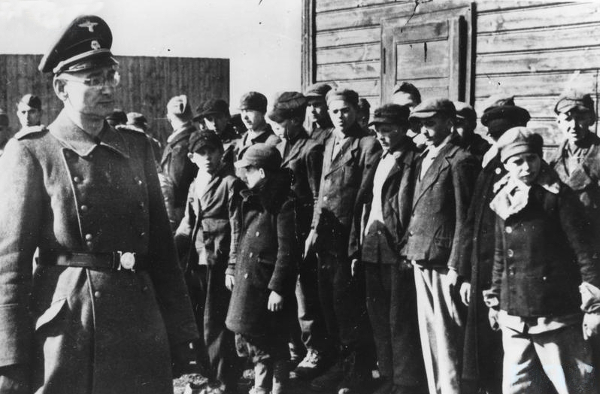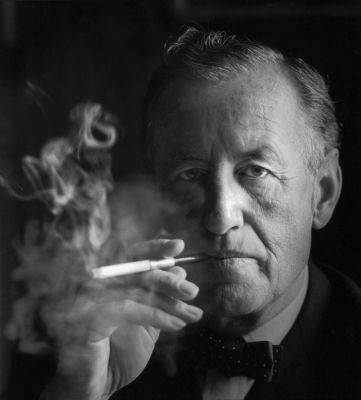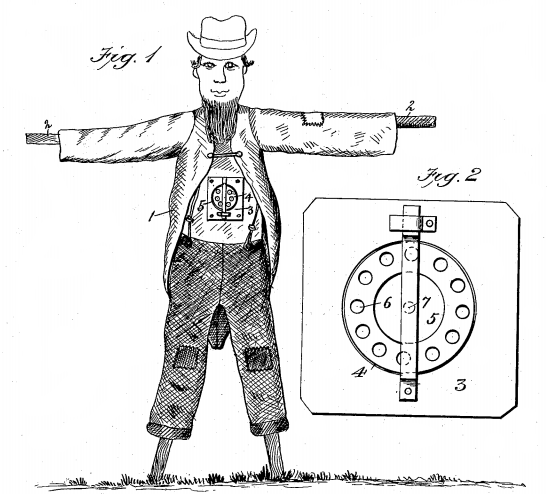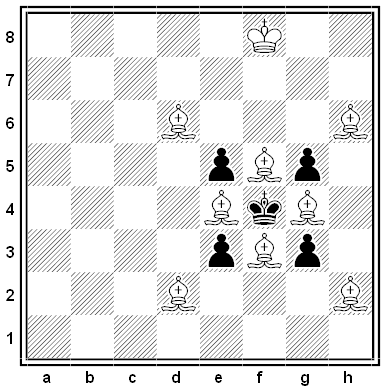In 1949 neurophysiologist Grey Walter built two robot “tortoises” to show that complexity could arise out a very simple nervous system. “Elmer” and “Elsie” each had a light sensor, a touch sensor, a propulsion motor, a steering motor, and two electronic valve-based “neurons.” He found that even with this modest equipment they were capable of phototaxis, finding their way to a recharging station when their batteries ran low. In a subsequent experiment he watched as a robot moved in front of a mirror and responded to its own reflection. “It began flickering,” he wrote. “Twittering, and jigging like a clumsy Narcissus.” He argued that if this behavior were observed in an animal it “might be accepted as evidence of some degree of self-awareness.”
He found that other simple robots were capable of Pavlovian conditioning. When a robot had been taught to seek its “food” near a stool in the middle of the floor, Walter took to blowing a police whistle and kicking the robot before it found the target. “After it had been whistled at and kicked about a dozen times, it learned that a whistle meant trouble. We then removed the specific stimulus — the stool. The whistle was blown, and it avoided the place as if there were a stool there.”
He advanced to a two-note whistle: One pitch was sounded before the robot touched an object, to associate it with avoidance. The other was sounded before it found its food, to associate it with appetite. “The effect of giving both notes was almost always disastrous; it went right off into the darkness on the right-hand side of the room and hovered round there for five minutes in a sort of sulk. It became irresponsive to stimulation and ran round in circles.”
“As you would expect, there are only three ways of alleviating this condition. One of them is rest; in this case that was sufficient, it was left alone to play around in the dark until the effect of all the trauma had died down and it found its way home in the end. Another method is shock, to turn the circuits right off and start again with a clean bill. The most satisfactory method for my purpose is surgery, to dissect out the circuit.”
(Philip Husbands, et al., The Mechanical Mind in History, 2008, and J.M. Tanner & B. Inhelder, eds., Discussions on Child Development, 1958.)





